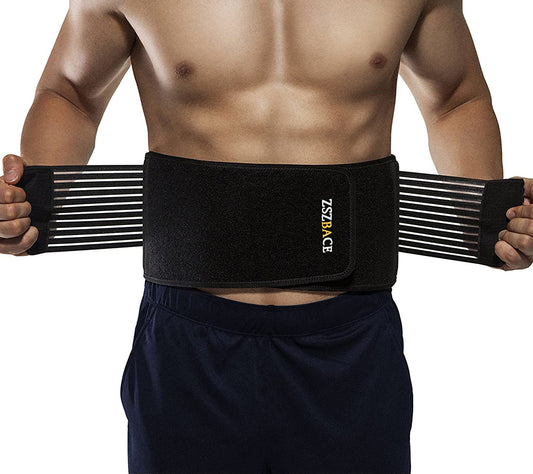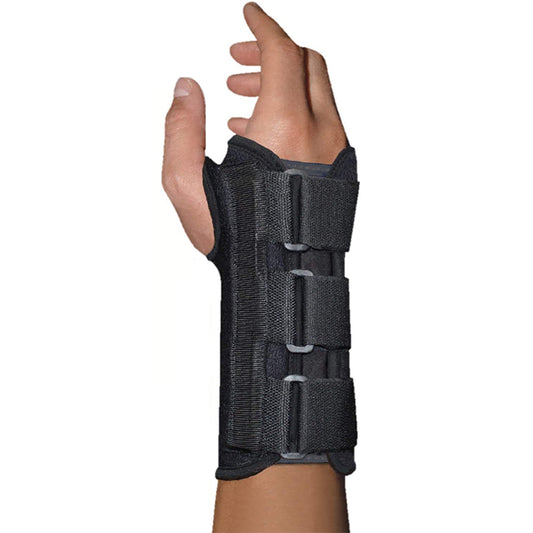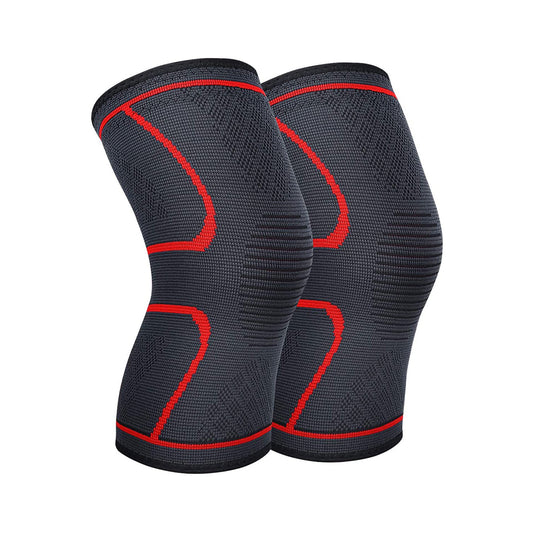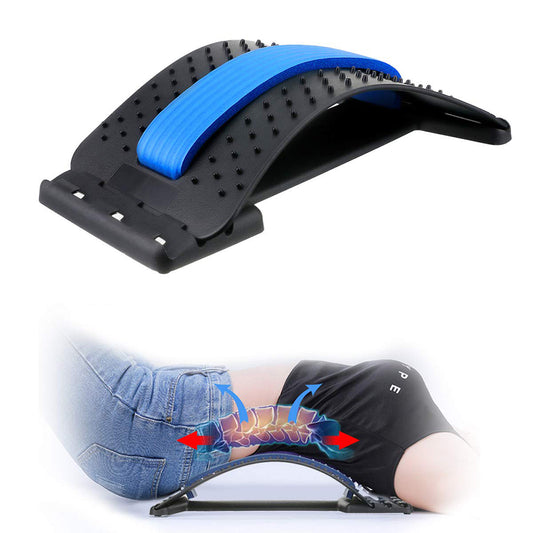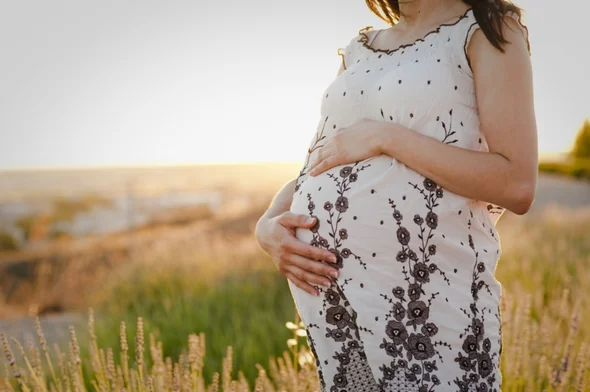
What causes back pain in pregnancy?
Share
Low back pain is a common problem reported during pregnancy. More than two-thirds of pregnant women experience this issue.
Back pain is usually reported by about 22 weeks into the pregnancy, although some women experience it earlier.
During pregnancy, the pain usually occurs in the lumbar region or low back, but it may radiate into the posterior thighs and buttocks for some women. The intensity and duration of low back pain varies, but one study found that about one-third of pregnant women felt low back pain was a significant problem.
Fortunately, back pain typically goes away soon after giving birth. Most women don’t experience ongoing issues. That said, there can be other reasons and causes for back pain during pregnancy that require attention from a doctor. Recognizing the common signs and symptoms of back pain in pregnancy can help you determine whether a less common cause, like an infection, may be contributing to your low back pain.

Signs and symptoms of back pain in pregnancy
For some women, low back pain may be one of the first signs that they’re pregnant. Other women may not experience this pain until later in their pregnancy. While each woman will experience a different level of pain, the most common signs and symptoms of back pain in pregnancy include:
-
Limited motion and stiffness in the back or legs
- Increased discomfort or pain as the day goes on
- Increased pain at night that makes it hard to sleep
- Causes of back pain in pregnancy
Women’s bodies undergo multiple changes throughout their pregnancy. Several of these changes can contribute to low back pain at different times.
Women who’ve experienced back pain in a previous pregnancy are likely to have back pain in future pregnancies as well. Women with chronic back pain or who have a less active lifestyle before becoming pregnant are also at increased risk of low back pain.
Other common causes of back pain during pregnancy include:
Hormone changes
Progesterone levels slowly rise from the 9th week until the 32nd week of pregnancy. This hormone relaxes the muscles and ligaments near your pelvis. Another hormone called relaxin, which is produced by the ovary and placenta during pregnancy, also impacts the joints and ligaments in your pelvis to make them more flexible for childbirth. These changes can contribute to low back pain.
Changes in the abdominal muscles
Your abdominal muscles help stabilize your spine and support your back. Pregnancy can cause these muscles to stretch and sometimes separate, called diastasis recti, due to the pressure that the growing fetus places on the abdominal muscles. The muscles become weaker as they stretch or separate, which puts the woman at increased risk of low back pain.
Posture changes
The changes in your uterus and the growing baby can change your body’s center of gravity. As a result, most women change their posture. Often, pregnant women lean backward, which can put extra strain on the back muscles, causing muscle stiffness and low back pain.
Treatments for back pain in pregnancy
Most women will experience some back pain in pregnancy. Fortunately, there are effective methods that can help prevent and manage the pain. Some common treatments include:
Maintain a good posture
Since your center of gravity will change as your baby grows, you’ll need to pay more attention to your posture and how you’re standing. While leaning backward is common, it can strain your back muscles. Instead, try standing and sitting up straight, using a comfortable wide stance when standing, and keeping your shoulders back and relaxed.
Wear supportive gear
To help manage low back pain, try to wear supportive, low-heeled shoes with arch support. You may want to avoid high-heeled shoes since these can cause additional changes to your center of gravity.
Some women wear a maternity support belt, but there’s limited research on its effectiveness. Talk to your doctor to see if a maternity support belt may be a good choice for you.
Sleep on your side
Try sleeping on your side, with one or both knees bent. You may also want to place a pillow behind your back for additional support.
Incorporate gentle physical activity
Talk with your medical provider about what kind of physical activity is right for you and your developing baby. If approved by your doctor, gentle regular physical activity can help you keep your back strong and prevent or minimize low back pain.
Use heat or cold packs
A hot or cold pack may help ease the pain and relax your muscles.



